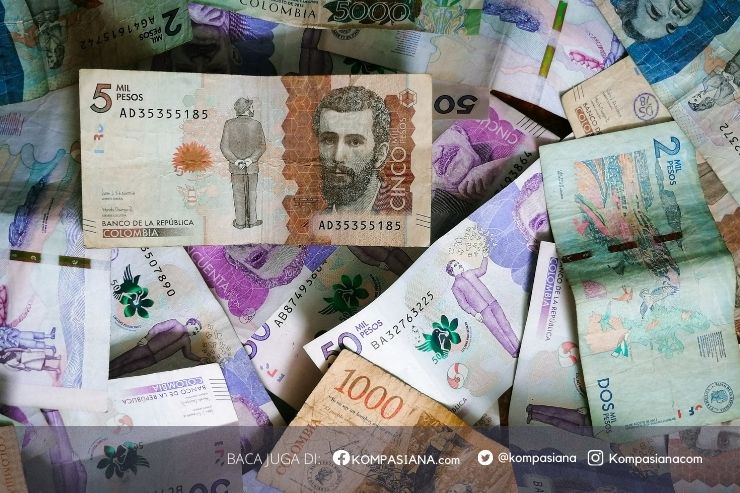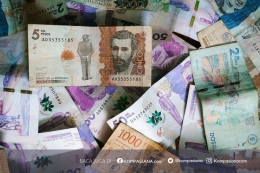If utilized and managed properly based on science and technological innovations, blue economy can produce a high, inclusive, and sustainable economic growth that can alleviate the national chronic development problems.
Blue Economy Agenda
Unfortunately, our use and enjoyment of the coasts, oceans and their resources have come with costs, and we are only discovering the full extent of the consequences of our destructive activities. Several fish stocks in many marine areas have already been either fully exploited or overfishing. This is especially true in areas with highly concentrated domestic fishermen including the Straits of Malacca, the North Coast of Java, the South Coast of Sulawesi, and the Bali Strait; and in areas where Illegal, Unregulated and Unreported Fishing by foreign fishermen are rampant, such as the Natuna Sea, Sulawesi Sea, Arafura Sea, and Indonesian Exclusive Economic Zone.
Marine pollution, physical degradation of coastal habitats, and biodiversity loss as a result of indiscriminate development activities have reached a level which threaten the sustainable capacity of coastal and marine ecosystems to support sustainable economic development. Such a threatened condition could be agravated by negative impacts of the ongoing Global Climate Change including increase of sea temperature, sea level rise, flooding, ocean acidification, and extreme weather. Our economic development pattern which based upon Capitalism since the begining of New Order Regime has not been able to address poverty lingering on coastal communities. Up until now, about 30 percent of fishermen and coastal residents are still poor. Economic benefits of business activities in blue economy sectors, particularly oil and gas, and maritime industries have mostly been enjoyed by big corporations from both national and overseas origin.
To this end, the message is crystal clear that our coasts and oceans are in trouble, and therefore major changes are urgently needed in the way we use, develop, and manage them. We have to embark on development paradigm shift, from only pursuing intatiable economic growth to be more inclusive and sustainable economic growth. From now on we have to ensure the effective use of coasts and oceans in order to boost economic growth and prosperity, and at the same time ensuring environmental sustainability. In blue economy, growth in income, employment, and prosperity must be driven by public and private investments that reduce carbon emissions and pollution, enhance energy and resource efficiency, and prevent the loss of biodiversity and environmental services of the coasts and oceans.
In practice, blue economy entails eleven development programs. Firstly, to establish an integrated spatial planning of upland-coastal-ocean areas at regency, provincial, and national levels. Second, the utilization rate of renewable resources should not exceed their renewable capacity, and any exploitation of non-renewable resources must be carried out on an socially and environmentally friendly manner.
Third, improving the productivity, efficiency, competitiveness, inclusiveness, and sustainability of all existing business units and blue economy sectors by applying: economy of scale, state of the art technology (Industry 4.0), integrated supply chain management system, and sustainable development principles. Fourth, developing blue economy sectors in new coastal and marine areas, and developing new blue economy sectors including marine biotechnology industry, offshore aquaculture, deep sea fisheries, deep sea mining, and ocean energy. Fifth, every development sector and human activity must produce low or zero carbon emissions. Sixth, pollution control by applying zero-waste technology; and Reduce, Reuse, and Recycle technology. Seventh, conservation of biodiversity at genetic, species, and ecosystem levels.
Eigth, design and contruction activities in coastal and ocean areas should be in accordance with the structure and dynamic of nature. Nineth, mitigation and adaptation for Global Climate Change, tsunami, and other natural hazzards. Tenth, capacity building for local communities and institutional strengthening. Lastly, political economic policies and climate investment must be conducive.
By implementing the above development agenda, blue economy will not only overcome the nation's chronic development problems, but also contribute significantly to the realization of a developed, prosperous, and sovereign Indonesia by 2045 at the latest.









